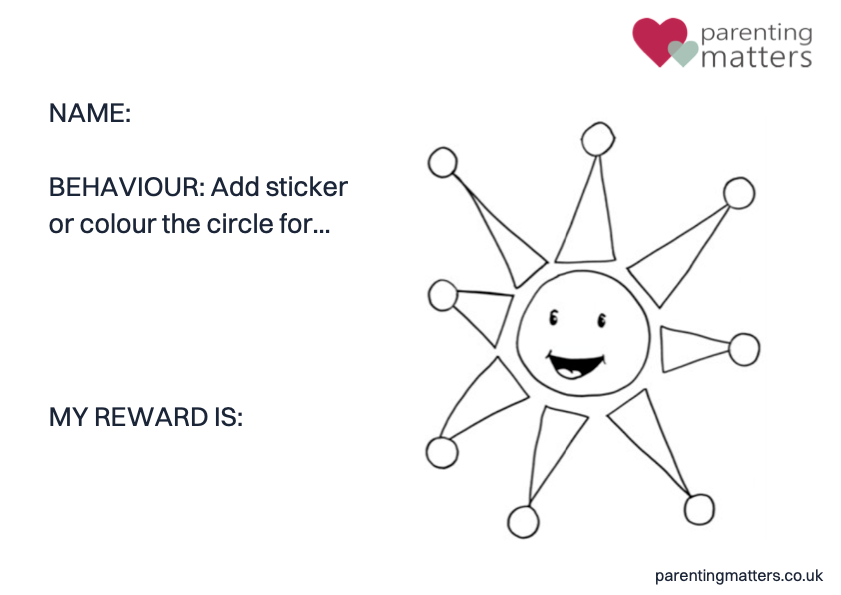This is one of the most common difficulties parents face
Read this guide to find out why this might be happening in your home and then learn 5 strategies to help.
Here's a quick video if you only have 1 minute right now...
The difficulty
Grace has just finished reading her 7-year-old daughter Laura three bedtime stories and tucked her toys around the edge of the bed just the way she likes. Before turning the lights out, Laura suddenly decides to tell a long story about her day. Ten minutes later, Grace gives Laura a second cuddle and turns the lights out. Grace snuggles into the sofa for a quick break before cleaning the kitchen. Within seconds, Grace sees a shadow in the corner of her eye. It's Laura! She asks for a glass of water. Grace gets up from the sofa and returns Laura back to bed with the water. Before Grace has made it back to the living room, Laura is by her side again, complaining that she cannot sleep!

Is this an issue for you?
Mastering bedtime and the bedtime routine can be tricky and is something that most parents have difficulty with at some time or another. It's important to decide what is best for you and your family and the right thing for your child.
For some families, it doesn’t matter if their child climbs into their bed at night, or they find themselves sleeping in their child’s room as long as everyone is well rested and getting enough sleep. This is absolutely fine if this works for you and for your family. However, if you are finding that your child’s constant getting out of their bed and refusing to remain in their room is disrupting family harmony, and you are all suffering from the negative effects of lack of sleep, then you need to take action…
Why does this happen?
The most important thing is to find out ‘why’ your child is getting out of bed and refusing to stay in their room at bedtime. Be a ‘sleep detective’, talk to your child about it and create a sleep diary if necessary to see if there are any patterns.

There are a number of reasons why children have difficulty staying in their bed at night time.
🔎 Some children may not feel tired at their allocated bedtime
🔎 Perhaps an older sibling is still up, and they feel they are missing out and want to stay up too
🔎 They may be over stimulated or even over tired and unable to get to sleep
🔎 They may feel hungry or too full
🔎 Or unsettled because they are too hot, cold, or frightened of the dark, seeing shadows, or it is too bright outside (think summertime)
🔎 Some children simply have trouble falling asleep without their parent present - they just want to stay close to you, and know you are still there
🔎 Or possibly, they may not understand and think it’s a game and enjoy the attention it brings – getting out of bed and going for a wander and getting mum or dad to tuck them into bed again.
What can you do about it?
The key is to be calm and consistent in your approach; if things change from night to night this may confuse your child and then potentially mean that they become more unsettled in the night as they don’t know what to expect.
What to do beforehand
1. Your routine
Set time for bed and the bedtime routine in advance. Ensure your child understands what time they are to go to bed and wake up/get out of bed in the morning. Plus what the bedtime routine consists of. For example - bath, pyjamas, story (including how many), cuddles then bed. Try using pictures or timers to help your child understand. Set a limit on how much time you spend with your child during this process.

2. Winding down
Allow time for winding down and relaxing to create the right environment for sleep - ideally 30-60 minutes before bedtime. Blue light from screens tricks the brain that it’s daytime, makes children feel more awake instead of sleepy - so ensure to turn off electronic devices at least one hour before sleep time and store them out of your child’s reach in a different room during sleep hours. Ideally lights should be dimmed, volume kept low. Try to keep the mood calm – e.g. no high-energy games or friendly teasing that will make your child too stimulated. Also, think carefully about the types of stories you read at bedtime, calm stories that do not make your child scared or over excited. Using a night light or leaving the landing light on and cuddling a favourite teddy will give your child comfort and help them to feel secure. Be consistent with the wind-down routine.
What to do at the time
3. Return them to bed
If they keep getting out of bed, return your child with no fuss. No eye contact, conversation, or nagging. Keep your body calm. You need your child to understand that there is no reward for getting out of bed. If your child gets up, keep taking them back to bed again with as little fuss as possible. If your child wakes up during the night, be as ‘low-key’ as possible to avoid exciting them and keep the lights off.

4. If your child is really defiant
If your routines are in place and your commands are calm, clear and consistent, there will be less opportunity for divert and distract techniques from your child. Ensure you start limit setting in a sympathetic way, showing you understand what they want and being clear about the reason for the limit BEFORE giving the instruction. Sometimes children can get us totally hooked in and side-tracked following a request such as, “Please be quiet and try to get some sleep.” The trouble with getting side-tracked and giving in is that each time you do it, you are teaching them that if they resist for long enough, they will get their way.
One more strategy that can help
5. Using Rewards
Some families find using a reward system helpful in supporting their child to stay in bed. The key here is to start small and increase the challenge gradually. For instance you may start by encouraging your child to stay in their bed for a period of time, leading up to staying in their bed for a full night. You may want to encourage your child to achieve their reward for 2-nights in the first week then 3-nights the next week etc… Reward your child immediately the next day with heaps of praise and a sticker or smiley face on their chart, which could then lead to a specific no-cost / low-cost reward when they have achieved 3-nights in the week for example. Remember to discuss the reward system with your child so they are clear on what they need to do. Plus giving them the choice of reward helps them to stay motivated.

Do remember that the new habits may take weeks to embed, so ensure you do what is best and manageable for you and your child.
The rest of this content is locked
To continue reading, login. Or you can become a member by signing up to our course.
'Wants' or 'Needs'
Staying calm yourself
Rewards - how to use them effectively






